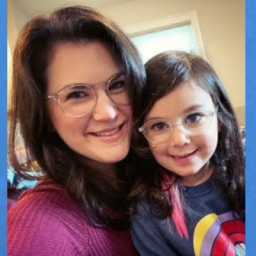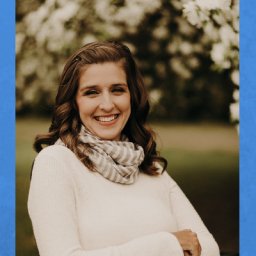Marya Hornbacher is an award-winning essayist, journalist, novelist, poet, and survivor. Five of her books have been named New York Times bestsellers. She is best known for authoring “Wasted: A Memoir of Anorexia and Bulimia” (1999), which was nominated for the Pulitzer Prize; the book discusses her back-and-forth journey between bulimia and anorexia. Marya recounts how she thought she was “fat” at the age of five, how she developed bulimia at nine, anorexia at fourteen, and cycled through eating-disorder clinics hospitals until she weighed 52 pounds at age eighteen; this was when Marya was told she would not live longer than a week.
Though Marya survived her ordeal with eating disorders, she was diagnosed with bipolar disorder in her mid-twenties. Marya went on to write “Madness: A Bipolar Life” (2009), which eloquently described the frightening battle of her experience of mental illness. With the proper diagnosis and treatment for bipolar disorder, came self-knowledge and a remarkably stable life for Marya.
Marya continues to write poetry, non-fiction pieces, and work in the journalism field. Her writing encopasses many topics, including bulimia, anorexia, recovery, mental health, addiction, and spirituality. Marya is hard at work on her seventh book, a collection of essays on the subject of solitude in women’s lives. She is also closely engaged in advocacy for mental health recovery, and is a frequent visitor to community-based mental health groups of all sizes and kinds, including National Alliance on Mental Illness (NAMI).
In the interview with our Different & Able President and Founder, Alexandra Nicklas, Marya shares her compelling story and her journey of recovery. Marya discusses how self awareness and self compassion are vital in the process of healing. She also touches on the unintentional/intentional “glamorization” of eating disorders in the media and how the invasiveness of social media consumption plays a role in one’s mind. In addition, Marya provides outstanding writing advice for aspiring memoirists and writers. One can see the passion, honesty, grit and authenticity with which she speaks and writes. Afterall, Marya has stated, “When you deal with nonfiction, you deal with human characters.”



